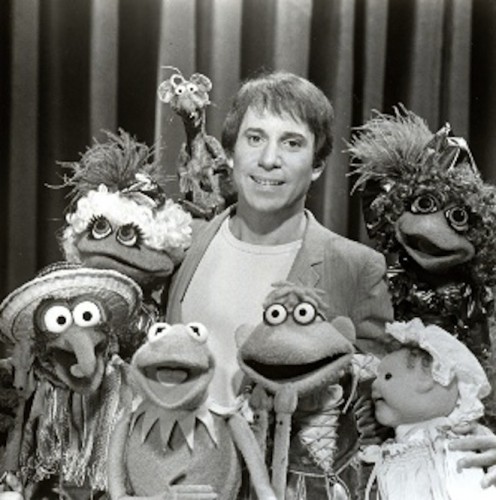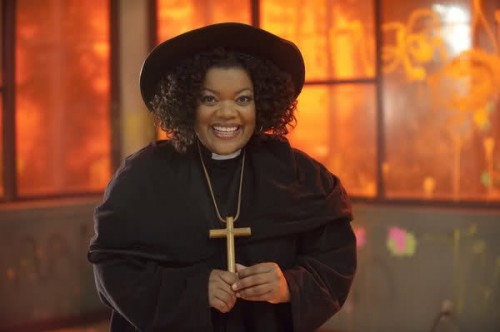
 1. A great little editorial on Slate about the recent instances of “Twittercide” committed by folks as wide-ranging as Gilbert Gottfried, Tucker Carlson, Keith Olbermann, and Rashard Mendenhall. The author wisely points out how silly it is to blame the medium – its immediacy is a big part of its genius after all – that while twitter may amplify trash-talking by catering to impulse, the animus/judgment was there a priori. That is, the problems are a matter of nature, not technology or even self-control:
1. A great little editorial on Slate about the recent instances of “Twittercide” committed by folks as wide-ranging as Gilbert Gottfried, Tucker Carlson, Keith Olbermann, and Rashard Mendenhall. The author wisely points out how silly it is to blame the medium – its immediacy is a big part of its genius after all – that while twitter may amplify trash-talking by catering to impulse, the animus/judgment was there a priori. That is, the problems are a matter of nature, not technology or even self-control:
I reject the idea that Twitter trips up naïve users such as Mendenhall and other athletes who don’t fully understand how social media works… If that were the case, why did Olbermann and Carlson get into Twitter trouble? As TV talk-show hosts, they’re experts in maintaining second-by-second media discipline. I also don’t think the 140-character count of Twitter is much of an excuse, either. I doubt if any of the controversial tweets in question could have been avoided had the writers used more space. It appears all of them wanted to provoke or stimulate their readers from the get-go. Nor do I think that Twitter turns the meek into blowhards…
What’s more likely is that most of us say five or six provocative things a day about our friends, co-workers, the baristas at our coffee shop, ethnic groups, athletes, celebrities, politicians, other public figures, and anybody else who falls into our sightlines. Depending on the subject, we either mutter the comments so nobody can be outraged, or we pick an audience sympathetic to our views, thereby staying out of trouble.
The thing that makes tweets most vulnerable is that the Twitter interface lends itself perfectly to expressing the anger of the busybodies who take umbrage at the simplest statement. They can amplify the original comment via retweets and re-retweets to the point that they spark a technological lynching.
2. Perhaps you’ve heard Paul Simon’s latest record, So Beautiful So What, has been making some waves with its religious (translation: specifically Christian) subject matter. If you haven’t, be sure to check out Christianity Today’s write-up from a couple weeks ago, which touches on all the salient stuff. Despite all the current Simon-love going around (Fleet Foxes, Vampire Weekend, etc), I have to admit I’ve never been much of a fan. But the unmistakable sincerity in the Times review of his recent hometown show really piqued my interest:
Paul Simon assumed the voice of God at the Beacon Theater on Tuesday night. I mean that literally: during an interlude in “Love Is Eternal Sacred Light” from his new album, “So Beautiful or So What,” Mr. Simon threw his arms wide, deepened his voice and ventured his best deity. Somehow the Supreme Being, confiding and complaining as if bellied up to the bar, sounded a lot like a guy in a Paul Simon song.
What came next was what really mattered. The song flipped into a radiant major key as Mr. Simon resumed singing in his normal, mortal register. He painted a vivid lyrical picture: flying down the highway in a used car, searching the radio for something true. “At the end of the dial there’s the gospel show,” he chirped. “Maybe now I can exit and rest.”
3. An interesting discussion of reality television by Kelefa Sanneh in The New Yorker, detailing its strange history. It’s particularly interesting to read the various feminist critiques: some have trouble maneuvering their criticisms around the uncomfortable class dimension, while others seem to imply that the genre’s troublesome depiction of women (e.g. the obsession with makeovers, the pernicious quality of much of the drama) is as much self-inflicted as anything else, an indication of some real conflictedness within the feminine realm. There’s also some relevant commentary about the fallout of turning social functions into professional ones (for reality tv stars, leisure time becomes work time, and ‘want’ becomes ‘should’). My favorite line: “Reality television is the television of television.”
4. Medical News Today reported this week that “unconscious processes are much more sophisticated and deeper than was previously believed.” Ha!
5. The NY Times Freakonomics blog posted the surprisingly earnest “10 Reasons You Need To Quit Your Job,“ pretty much all of which boil down to manifestations of, well, law. Or stress as an indicator of perceived judgment, ht JD.
6. In humor, NPR brings to our attention this week the new site, Better Book Titles, which gives classic novels updated, more pragmatic titles. The Great Gatsby becomes Drink Responsibly. Crime and Punishment becomes The Rent Was Too Damn High. The reader comments are a font of wit as well (Moby Dick -> The Ocean: Don’t Go There), ht AZ.
7. Our very own Nick Lannon contributes an astute review of Douglas Estes book SimChurch: Being the Church in the Virtual World in the new issue of Modern Reformation. Check it out.
8. In television, the second part of the Community finale thankfully lived up to the first – I really can’t say enough good things. Amidst all the inspired silliness, they even managed to conjure some genuine suspense. Pop pop!
9. Finally, if you didn’t get a chance to read the Mockingbird e-newsletter that went out earlier this week, you can do so here. If you’d like to receive a physical copy of our Spring appeal, which goes out next week, be sure to sign up for our mailing list.
P.S. Couldn’t resist “sharing” this genuinely funny bit of insider-humor, ht JL:

COMMENTS
Leave a Reply















